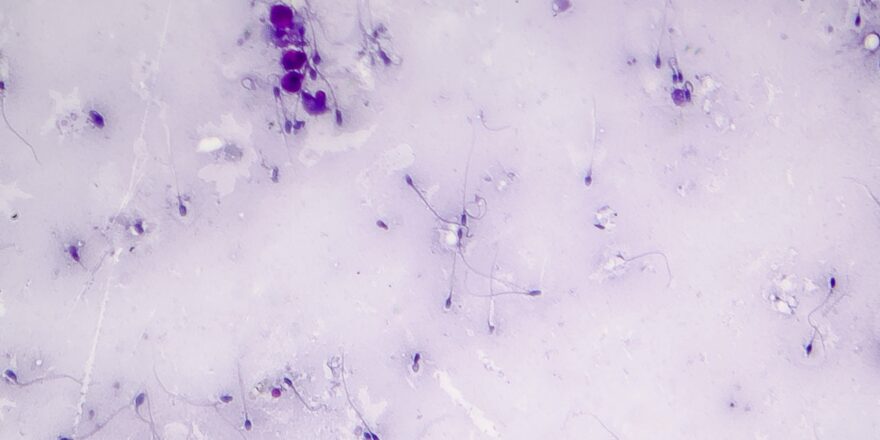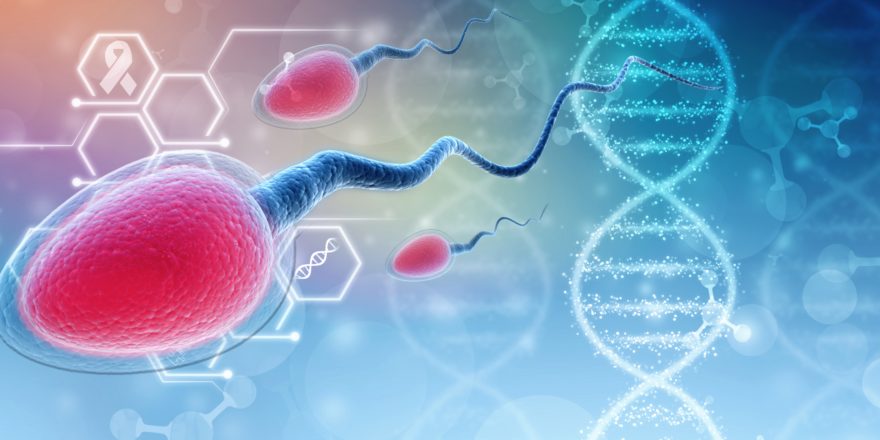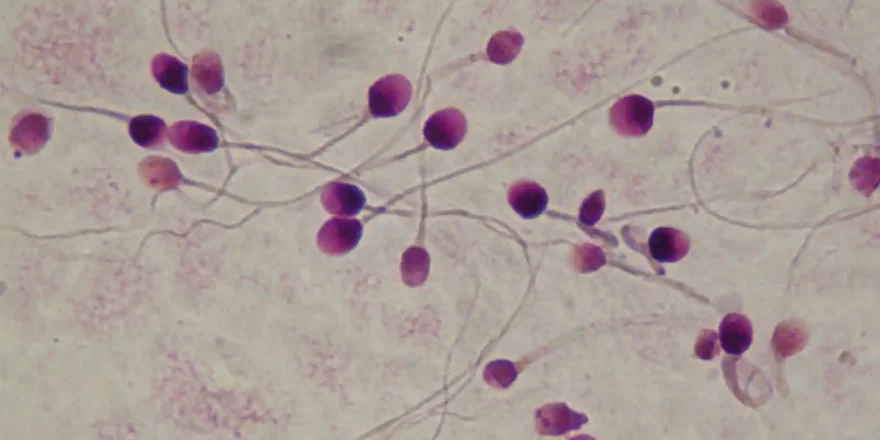Hormones play a core role in male fertility, and they affect sperm production, mood, libido and a multitude of general health issues. Testosterone is the primary male sex hormone, and infertile men are much more likely to have abnormally low levels of: Testosterone Luteinising hormone (LH) Adrenaline and noradrenaline Dopamine However, there...
Causes of Male Infertility
There are many possible causes of male infertility, and few men with fertility problems have hormonal imbalances or show any obvious signs or symptoms of their condition. We list the ten most common causes of low male fertility and why some men are less fertile than others simply because:– They don’t make enough sperm that can reach an ...
Male Age
The issue of a man’s age and his fertility slips under the radar for most couples simply because female age is a well-known fertility issue. The effects of age on a man’s fertility hasn’t been a hot topic (especially for men with children), especially as some men have kids late in life (take a bow Rod Stewart and Mick Jagger.) Nea...
Erectile Dysfunction
Erectile Dysfunction (ED) affects 27-33% of 18 to 40-year-old men, and it’s becoming an increasingly common problem for younger men. Erectile dysfunction is an inability to get and maintain an erection, and there are several possible causes, but being unable to have full erections creates complex sexual, social and fertility issues for a...
Male Conditions
The male conditions that directly affect fertility are also likely to reduce the health of pregnancies and any children. Male fertility is closely related to health and wellbeing, which is a core part of the morefertile® personal fertility profile information (PFPs). The male fertility conditions are: Causes of Male Infertility Erectile D...
Lack of Libido
A lack of libido is different from erectile dysfunction (ED) and revolves around the absence or a major reduction in sexual desire. Men with ED desire sex but have issues achieving or maintaining their erections, while men lacking libido men have little or no interest in having sex. There are, of course, men who experience both issues at the s...
Low Sperm Count
Men with low sperm counts should take notice as it can be the canary in the coalmine, and sometimes it’s flagging up general poor health and a shorter lifespan. The medical terms for low sperm counts are “oligospermia” or “oligozoospermia”, and the formal diagnosis is when sperm counts fall below 15 million/ml of semen. The term for no sperm i...
Morphology and Motility Issues
Problems with sperm morphology and motility (shape and movement) often relate to specific parts of the “manufacturing process” in the structures that make sperm; the Sertoli cells in the testes. The sperm fully mature later in seminiferous tubules, which include the sperm cell elongating to form a tail and the acrosome forming at the tip. As ...
Genetics
There are two significant genetic syndromes that can affect male fertility, which are: Klinefelter Syndrome Congenital Adrenal Hyperplasia Klinefelter Syndrome Klinefelter syndrome is a male-only genetic condition caused by an extra ‘X’ sex chromosome. It’s present in about 1 in 500-1,000 newborn boys. While it’s not an inherited conditi...
Anti-Sperm Antibodies
Anti-sperm antibodies (ASAb) are due to an abnormal immune response to a man’s sperm, and this can significantly reduce his fertility. The antibodies adhere to sperm (because they recognise them as abnormal cells), and this encourages them the “clump” together, which reduces their motility and ability to fertilise eggs. ASAb...










